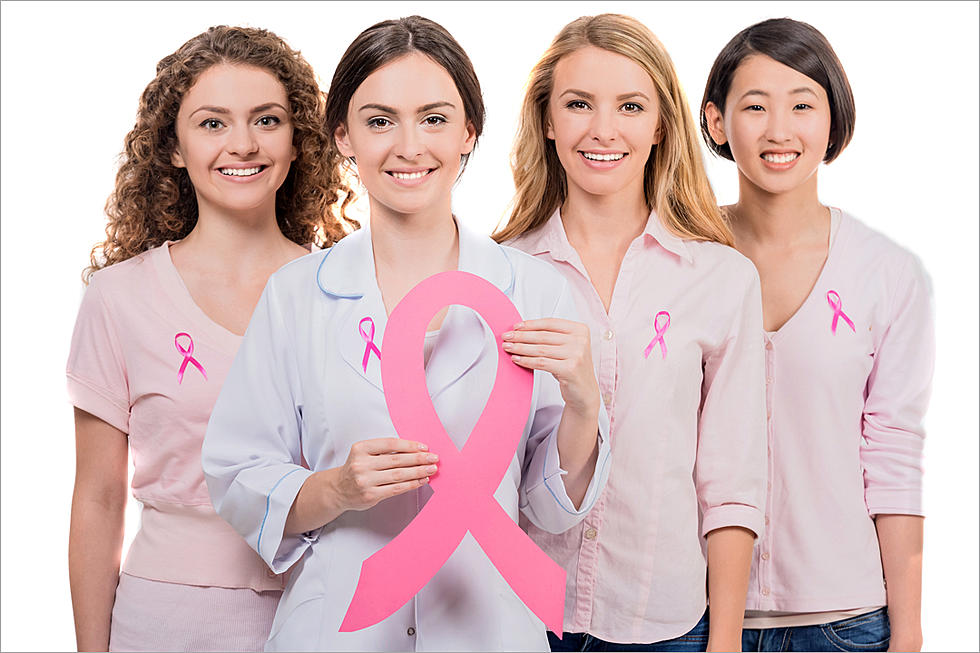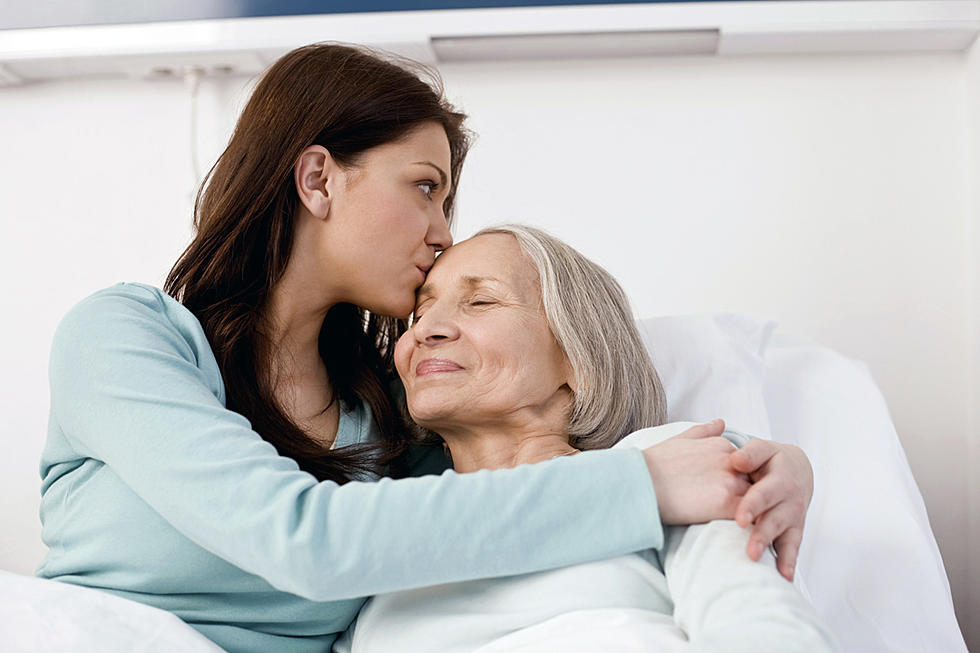
When to Get Checked for Breast Cancer — NJ Docs Weigh In
Scared of becoming another breast cancer statistic? Then take advantage of the greatest tool in preventing the disease from becoming a bigger problem than it needs to be.
An x-ray of the breast, also known as a mammogram, is considered the best way to find breast cancer early. But, despite the benefits, regular mammograms are not common enough among many older women, according to New Jersey doctors in the field.
Similar to other centers, the Rutgers Cancer Institute of New Jersey has defaulted to the recommendation that females get an annual mammography beginning at age 40. The greatest risk for breast cancer is age, noted Dr. Deborah Toppmeyer, RCINJ's chief medical officer.
Most health insurance plans are required to cover annual or biennial mammograms for women beginning at age 40.
Seventy-five percent of all breast cancers are diagnosed in women 50 and older, Toppmeyer said. The risk of a 40-year-old developing breast cancer is about 1 in 200 if the individual is not at genetic risk.
"We still do recommend annual mammography beginning at the age of 40 with the understanding that there is a greater risk of false positives," Toppmeyer said.
Too many women aged 50 and older are not getting their annual checkups, she added. This age group should "absolutely, unequivocally get their mammograms" on an annual basis.
Just about two thirds of U.S. women over the age of 40 have had a mammogram in the past two years, according to 2015 data from the Centers for Disease Control and Prevention.
About a tenth of breast cancer cases are hereditary.
Dr. Andrew Pecora, chief innovation officer for Hackensack Meridian Health, said a family history of the disease, or even one's medication regimen, can push up when a woman should start visiting the doctor for screenings.
"As an example, if your mother had breast cancer at an earlier age, you should start screening yourself at an early age," Pecora said.
For those at greater risk, a breast MRI may be used along with a mammogram.
While they do not and should count as an official screening, self checkups are also crucial in the breast cancer fight. Being familiar with how your breasts feel and look can help you spot any irregularities such as lumps or pain.
More From Cat Country 107.3










